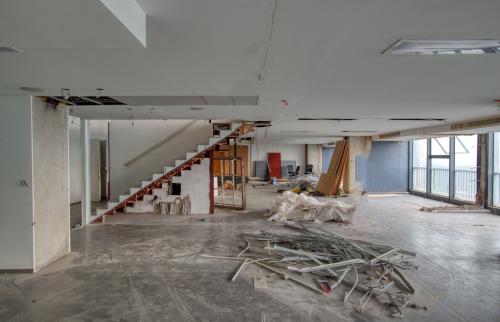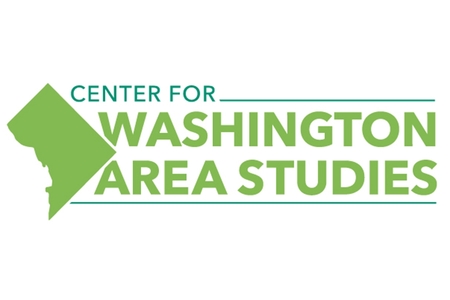

2:00 pm EDT - 3:00 pm EDT
Past Event
While the long-term economic impacts of the COVID-19 pandemic are still uncertain, the sharp increase in remote work raises some fundamental questions about the geography of jobs and the demand for housing, office, and retail space. If work-from-home (or a hybrid model) persists, it could have ripple effects throughout regional labor markets and commercial real estate, as well as impacting where workers choose to live.
On Wednesday, May 19, the Brookings Metropolitan Policy Program and George Washington University’s Center for Washington Area Studies (CWAS) co-hosted an event examining the geography of jobs, housing, and commercial real estate in the capital region prior to COVID-19, with an eye to understanding how the pandemic has changed—often dramatically—employment, housing markets, and commercial real estate throughout the region. The event started with a presentation by CWAS Director Leah Brooks. An expert panel followed, discussing some of the challenges faced by workers, employers, property owners, and policymakers.
Viewers submitted questions for panelists by emailing [email protected] or tweeting to @BrookingsMetro using the hashtag #StateofCapRegion.
In Partnership With


Panelist


Jonathan Meyers, Erman Eruz, Tracy Hadden Loh, Joe Speer, Kate Collignon
July 9, 2025

Acha Leke, Landry Signé
July 9, 2025

Joseph W. Kane, Anthony F. Pipa
July 8, 2025